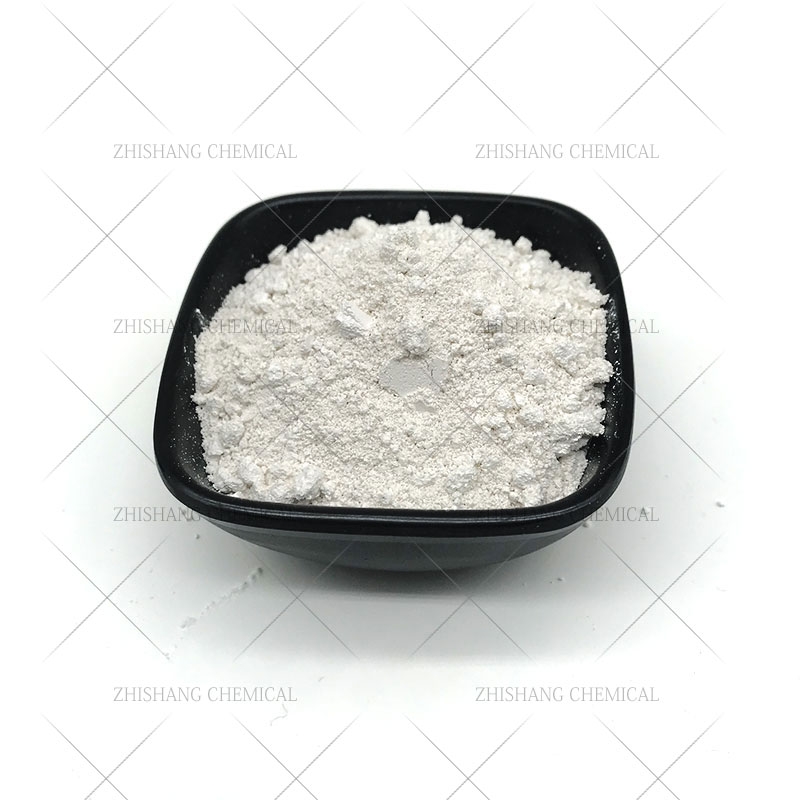-
Categories
-
Pharmaceutical Intermediates
-
Active Pharmaceutical Ingredients
-
Food Additives
- Industrial Coatings
- Agrochemicals
- Dyes and Pigments
- Surfactant
- Flavors and Fragrances
- Chemical Reagents
- Catalyst and Auxiliary
- Natural Products
- Inorganic Chemistry
-
Organic Chemistry
-
Biochemical Engineering
- Analytical Chemistry
- Cosmetic Ingredient
-
Pharmaceutical Intermediates
Promotion
ECHEMI Mall
Wholesale
Weekly Price
Exhibition
News
-
Trade Service
Introduction: Lynch syndrome (LS) is the most common hereditary colorectal cancer (CRC) susceptibility syndromeEarly diagnosis of Lynch syndrome can reduce the incidence and mortality of colorectal cancerHowever, in China, colorectal cancer is an important cause of the disease, the importance of LS screening has not been fully exploitedRecently, Professor Ying Jianming, deputy director of the Department of Oncology at the Chinese Academy of Medical Sciences, and others conducted a large-scale study to evaluate the screening strategies for identifying LS in chinese bowel cancer patients in routine clinical trialsThe study was published in the international journal CancerBackgroundcolorectal canceris the third most common cancer in China and the fifth leading cause of cancer death, with 370,000 new diagnoses and 180,000 deaths per yearLS is the most common autosomal dominant genetic colorectal cancer susceptibility syndrome, accounting for 1-3% of all colorectal cancer burdenLS is caused by mutations in the pathogenic reproductive system of any of the four critical DNA mismatch repair (MMR) genes (MLH1, MSH2), which causes loss of encoded protein functionIn addition, the defection of the epCAM gene is thought to be a cause of LS and works through epigenetic inactivation of its adjacent gene MSH2individuals with LS are at higher risk of developing CRC and some extracolon malignancies, including endometrial, stomach, ovaries, ureter, renal, small intestine, bile ducts, brain, skin, pancreas, breast, prostate and rare adrenal cortical cancerLS-related CRC patients exhibited different characteristics than patients with diffuse CRC: their lesions were often found in the near-end colon (60-70%) and the clinical prognosis was usually better, but there was a high risk of developing synchronous and off-tempo early CRCStudies have shown that early identification of LS in CRC patients is very important, reflected in a family member periodic colonoscopy, the removal of LS patients with pre-invasive adenomas and high-risk MMR mutation carriers, has been shown to reduce CRC morbidity and mortality by 65-70%Research Process
study reviewed the pathology reports of continuous patients who received a newly diagnosed colorectal cancer surgical removal from January 2015 to December 2017 at the National Cancer Center/Oncology Hospital (NCC/CICAMS) of the Chinese Academy of Medical Sciences Patients diagnosed with family adenoma polyps or adenocarcinoma stoic cancer transferred to the colon or rectum are not eligible for study Overall, 4,195 eligible colorectal cancer patients were included in the retrospective study in the pathology diagnosis phase of the pathology department, the immune hetinized IHC analysis of MMR protein in patients with colorectal cancer was routinely performed, including MLH1, PMS2, MSH2, MSH6 and BRAF V600E Isolated genomic DNA saliva samples or Formarin fixed paraffin encapsulation of tumors and adjacent normal tissues from patients Methylation-specific PCR is then used for MLH1 promoter methylation analysis Next, targeted next-generation sequencing study flowcharts limitations
first, it does not identify all LS pioneers Previous studies have shown that 12 (0.9%) of 1395 pMMR-CRC patients had LS-related pathogenic cast mutations This means that if only the tumor MMR-IHC trial is used as a routine pre-screening method, instead of a supplemental MSI trial, a small percentage of LS patients will be missed second, according to ACMG guidelines, some rare VUS, especially some mispronounced mutations, cannot be classified as harmful mutations Extensive additional molecular function analysis is required, in particular the complete reconstruction of in vitro MMR reactions, in order to clearly reclassify the pathogenicity of these VUS third, the study focused on the conceiving of LS in CRCs and dMMR did not find the mMR gene's bred pathogenic mutations, and did not further detect somatic cell mutations to explain the loss of MMR protein in tumors finally, no other cancer susceptibility genes were analyzed in this cohort study study, based on a widespread screening of nearly 4,200 colorectal cancer patients in China, revealed at least 2.7 prevalence rates comparable to that of the Western population The detection of DNA mismatch repair gene MLH1 promoter methylation and large genome rearrangement has improved the effectiveness of LS detection, suggesting that the improvement of LS screening strategy can improve the early diagnosis level of LS in China studies show that the incidence of LS in Chinese colorectal cancer patients is similar to that of western people Considering the significant difference in the frequency of BRAF gene mutations among ethnic groups, the hybridization test of BRAF gene mutation and MLH1 promoter methylation should be taken as part of the routine test to exclude the emission of MLH1 missing in China A comprehensive molecular detection strategy, including next-generation sequencing and LGR testing, is necessary for diagnosing LS in clinical laboratory environments In conventional clinical practice, patients with colorectal cancer aged 70 or under may consider a selected LS screening strategy The researchers expect their findings to be of great value to practitioners of international genetic testing, whose goal is to modify LS screening strategies in a local context







